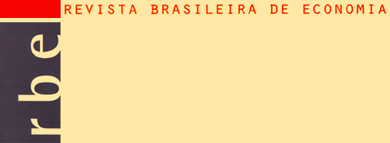The reduction of standard weekly working time from the current level of 44 hours to 40 hours has recently been proposed by the main central unions as a way to create jobs and reduce unemployment in Brazil. The idea, known as work-sharing, is that the reduction in average hours per worker would allow the same tasks to be performed by more employees, a notion which has been challenged in the theoretical and empirical literature. The objective of this paper is to study the effects of the workweek reduction from 48 to 44 hours prescribed by the 1988 Constitution on the Brazilian labor market. We find that the constitutional changes reducing actual working hours did not change the probability of the affected worker became unemployed in 1989 (relative to other years), reduced the probability of the affected worker of not having a job in 1989 (which includes those that left the labor force) and implied a relative increase in real hourly wages (although lower than observed for workers that reduced the workweek time in other years). These results suggest that the working time reduction did not have a negative impact on employment in the short run (12 months after the constitutional change).














